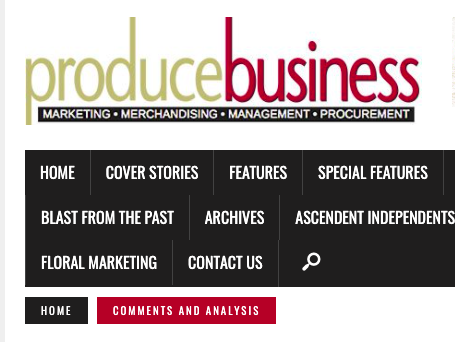What is secondary research?
Secondary research is a type of market research where you compile and analyze information that is already available. You can obtain this information through googling, online databases, and libraries. The data can be from articles, studies, and even past surveys. Secondary research is an essential tool in market research as it can assist in better understanding your industry, competitors, and trends in the marketplace.
Suppose you are thinking about conducting primary research (research that is not already out there). It can help guide your initiative by not duplicating any efforts (e.g. research information currently out there).
Here are the pros and cons of secondary research.
The Pros of Secondary Research
Cost-Effective
Secondary research is often less expensive than primary research. Since the data is out there already, the most considerable expense is usually the workforce to find and interpret the data.
Wide Range of Information
In this online world, it is pretty easy to gather an extensive amount of information. Secondary research can help find, among other things:
- The current and projected market. Economic projections, industry reports, and additional information on sales and market performance.
- Competition in your brand’s field. This can include competitors’ brand positioning, sales numbers, website performance, pricing, etc. Primary research is essential for understanding the perceptions of competitors. Still, secondary research can preface that knowledge by giving a detailed perspective of what the competitor’s strategy is in the first place.
- Consumer perspective and perceptions of your product. Although nothing beats primary research when it comes to consumer perceptions, by looking for already available opinions out there, secondary does a great job in informing you prior to conducting primary, and making sure you don’t double up.
- Trends and opportunities in the market. All three of the above combine together to inform your perspective when it comes to the possibilities for your product to succeed. The amalgamation of consumer and economic perspective is a powerful way to understand where your brand/product fits
Prevents Duplicate Information If Planning Additional Research
Using secondary research helps access the best market research strategies to use. Secondary research can be conducted on its own. It is also an ideal methodology to utilize before other phases, as it informs what the best primary research is necessary. This prevents duplicating efforts with research that is already public.
The Cons of Secondary Research
Because secondary research deals with already available information, that means the research is readily available, including your brand’s potential competitors. It is not data that is uniquely accessible by one person or company. Along those lines, secondary research can not be specialized to a specific individual’s or business’s needs the same way primary research can. You will not be able to get the same distinct knowledge catered to your brand.
Conclusion
Secondary research is a powerful but sometimes limited market research tool. It’s vital to conduct secondary research before the primary stage to understand what you may be missing, what you already know, and what to look for. Secondary is an always-available tool that should be utilized, but also understood for its limitations.
Read some of our blogs from this series here:
- August 10th, 2020: The Pros and Cons of Segmentation Research
- June 17th, 2020: The Pros and Cons of Online Focus Groups
- February 6th, 2020: The Pros and Cons of In-Depth Interviews
- July 13th, 2020: The Pros and Cons of Online Survey Research
- June 28th, 2020: The Pros and Cons of Message Testing
Thinking about conducting market research? Check out Provoke Insights research services here.
IF YOU WANT TO, SIGN UP FOR OUR NEWSLETTERS HERE!
and finally, follow our social media accounts:
Twitter: https://twitter.com/provokeinsights










